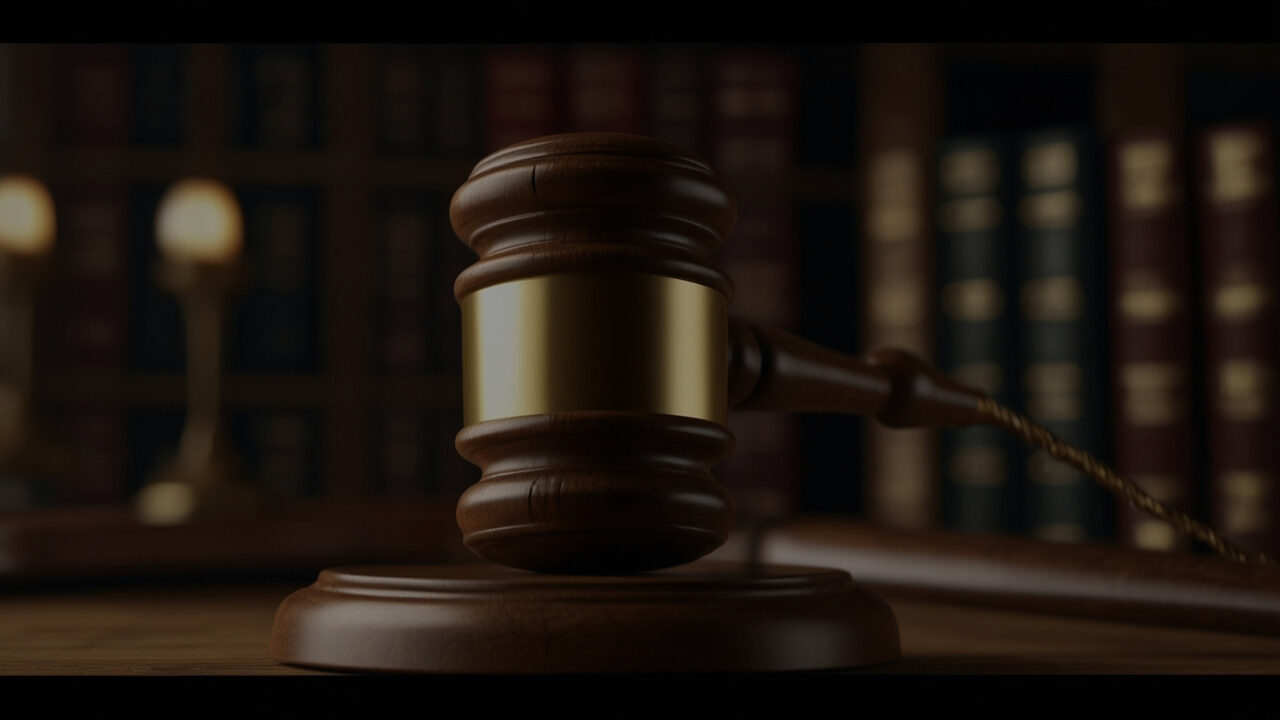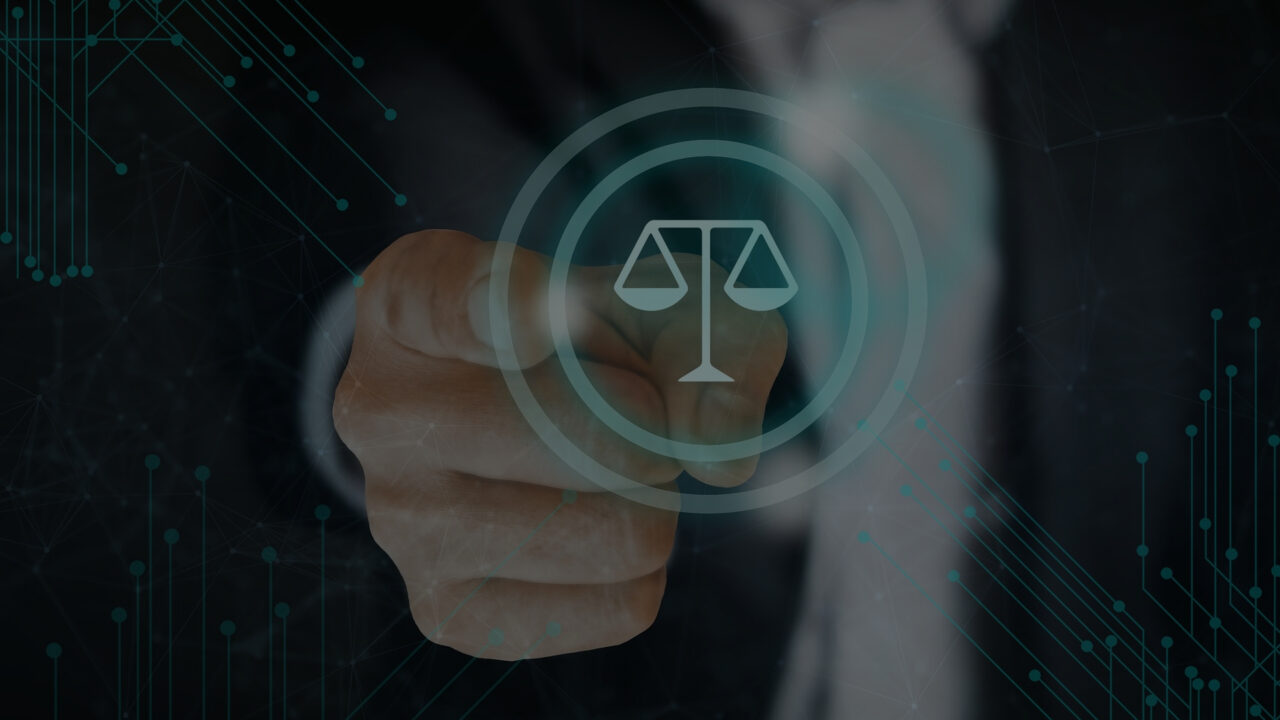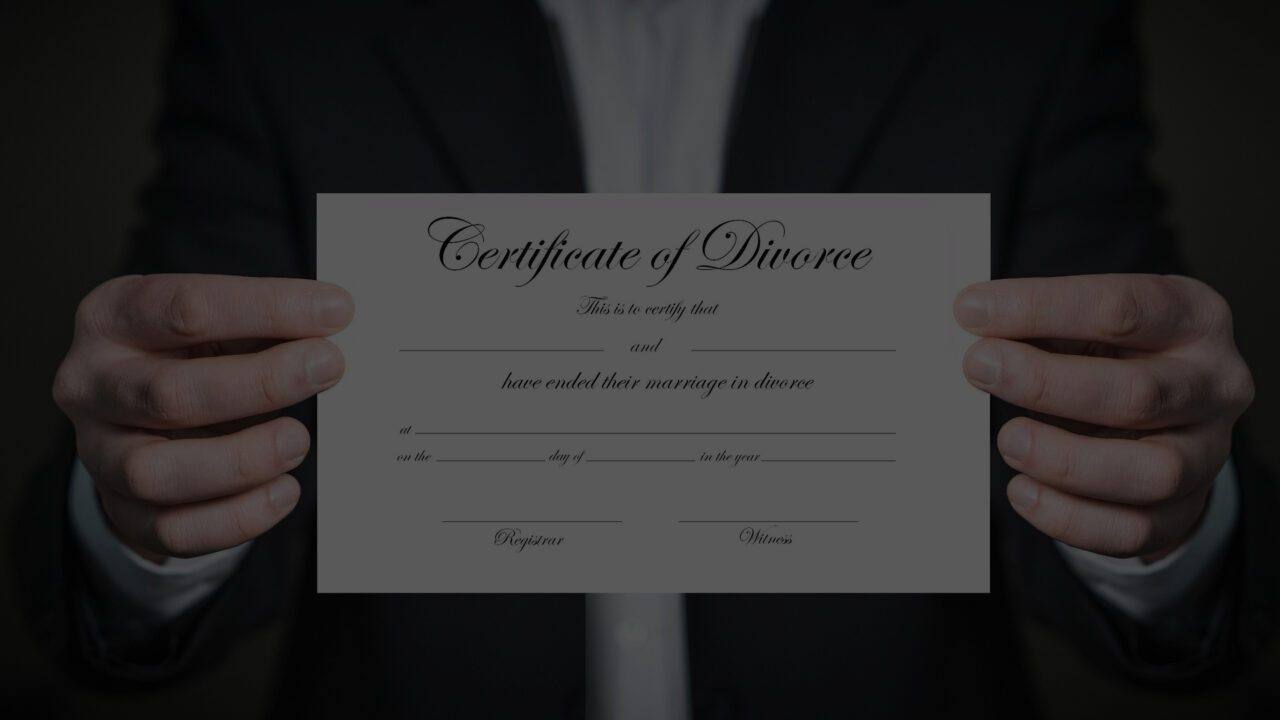Rule of Law Report 2023.Rule of Law Report 2023. EU Commission has “serious concerns” regarding Poland
The Rule of Law Report for 2023, published by the European Commission, has raised “serious concerns” regarding the state of the rule of law in Poland. The report focuses on four key areas: national justice systems, anti-corruption frameworks, media pluralism, and other institutional checks and balances. According to the EU executive, there are persistent concerns regarding the independence of the Polish judiciary and claims of political influence over the media. The report also highlights concerns related to the so-called “Lex Tusk” legislation.










